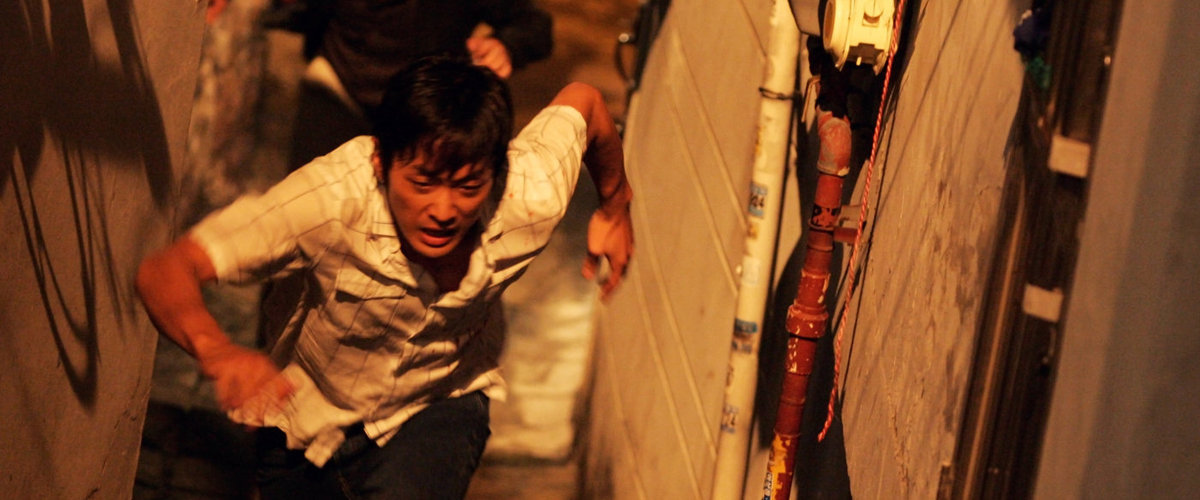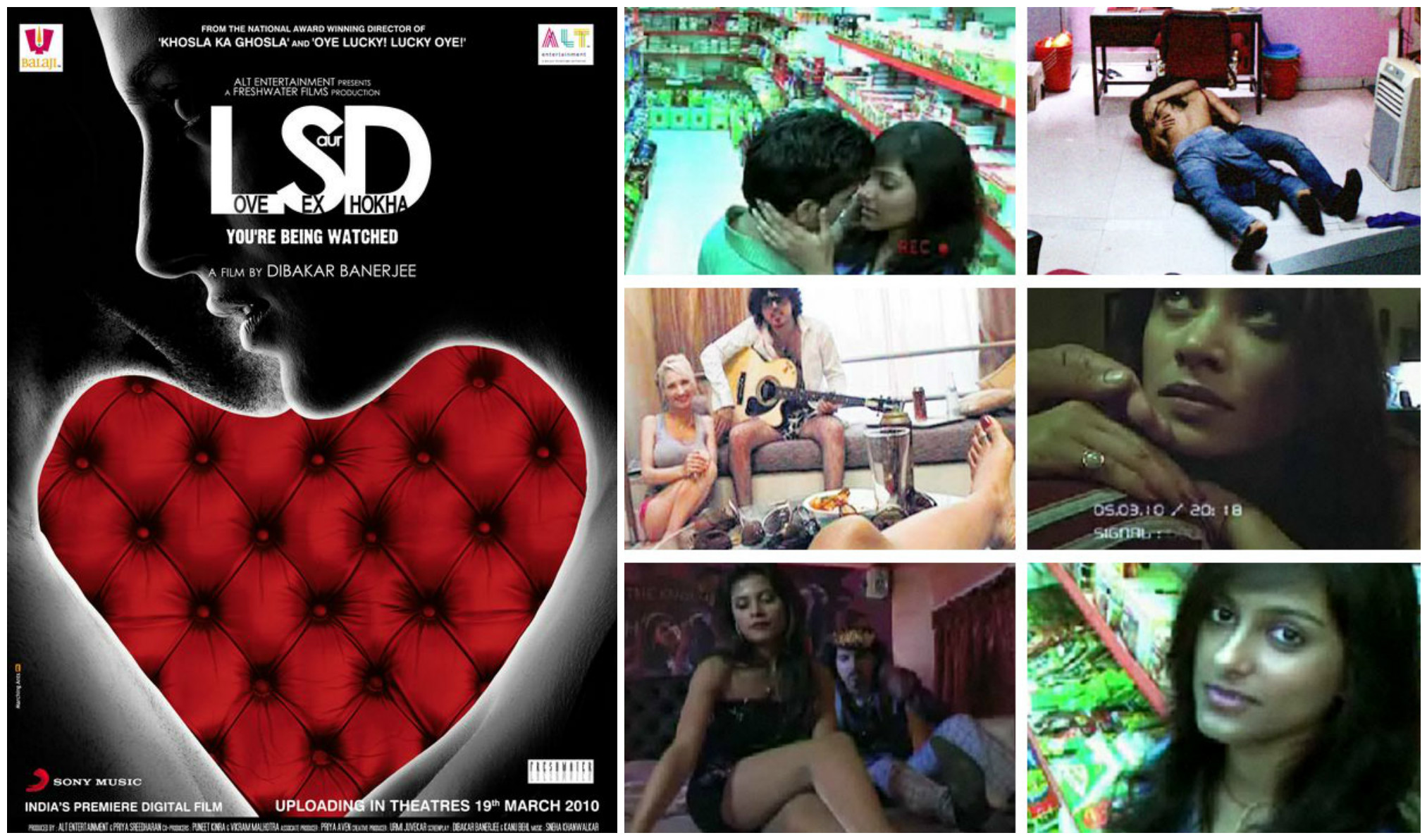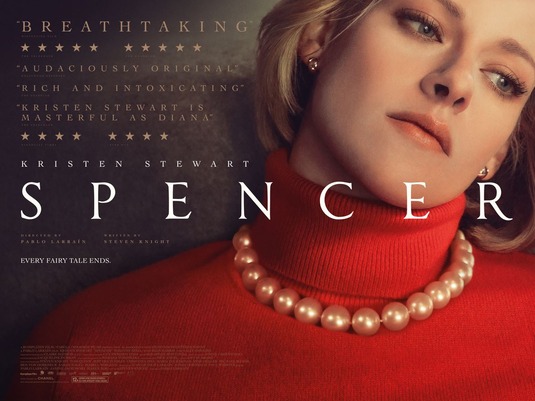Chaser
The Chaser
5 stars out of 5 (Outstanding)
Director : Hong-jin Na
South Korea, 2008
Each of the carefully selected, hosanna-igniting films from South Korea I have watched so far , have been unique and powerful, and for me at least , give a vital extrapolative insight into the bravura thinking and discipline that has made South Korea an Asian Tiger. The first South Korean film I watched was "3 Iron" - surreal, delightful and liberating. The world-famous "Oldboy" is a wicked ride, and "Spring , Summer..." is humbling in its transcendence. "Chaser" chased me back to the ground-level reality and realpolitik of the country. The film is loosely inspired by Yoo Young-chul who was hanged in 2005 for serially murdering 21 people. The hero of Chaser is a repugnant man but his missing sex-workers make him go on a frantic hunt that mitigates the damage done by the psychotic young villain, otherwise there would have been many more corpses thanks to the movie's South Korean police, hordes of whom embody Keystone Cops in the story.
All the more impressive is the fact that this is the debut of director Hong-jin Na - he nails both the technical and emotional facets, individual focus and social scalpel-ing, humour and dead-seriousness. The story freely flows and yet there is a tight hold on the narration as a cold killer goes on the rampage. He gains entry into a cushy-looking spacious gated property, ideally suited for his hellish killings. A dog starves in the courtyard which now doubles as a graveyard as call-girls go missing. The prostitutes are handled by Joong-ho Eom ( a superb Yun-seok Kim) - an-ex police detective who has now assumed a position worse than that of a murderer - a pimp. He forces a sick employee to "go to work" and she, like some of her colleagues, does not return.
If you want to make an incisive social point by storytelling, it is better to go all out than to make compromises by timid choices - God needs to make more film-producers understand this. The director, along with writers Hong and Lee, scores hugely on this count by being merciless in showing on how a stupid system gives too much leeway to criminals and psychopaths. In the movie , the police stunningly do not do much to detain a man even after he admits to serial killings with a chisel. They act like pusillanimous clowns in the police station and there is a virtual circus at an excavation site where Joong-ho tries to escape from them. A suited "chief" acts all tough and very wise but then makes a shocking political decision -it doesn't even seem realistic but film-makers seem to be gunning for extreme satire here. After the movie, I did some research and found out that South Korean police is often looked down upon by the public. At the time of writing, I live in New Zealand and this kind of rank systemic complacency rings a loud bell- in 2015 there was shocking news of how an Auckland man was mortified to see a psychiatric patient back in their usual supermarket - he had been released and allowed to live in the same community less than ten years after stabbing the former.


The movie's densely constructed storyline alone has so much going for it but excellent performances again perk up the story. A suited veteran (one of the few honourable authority figures in this milieu) in a police interrogation cell expertly intimidates and analyzes the young psychopath while treating him like a whipped dog. A little girl , whose mother has gone missing , shows a surprisingly high degree of intelligence and knowing maturity (perhaps South Korea's ferocious competitive academic system breeds many such preternaturally clever juniors) and unlike in some Hollywood movies she does not push her over-smartness by advising grown-ups on how to change their lives - rather,the movie accomplishes a masterstroke when it shows her eventual predicament through a rain-splashed car window. I find the Korean language cuter and easier on the ear, than Chinese or Japanese and it is especially interesting to hear the rapid, colourful, slightly slutty,hectic tongue of a sex worker telling the hero about her encounter with a psychotic creep.
Chaser does a good job of making its hero run maniacally on the streets - the eponymous "chase" - to pull down the villain (a chillingly simple rendition by Chung-woo Ha). A man-to-man fight at the end inside a house is filled with realism for its orgiastic disorganized carnage. The viewer may crave a brutal moral orgasm as closure at the end but this is not a movie meant to comfort us. I saw online feedback of viewers saying that the film made them angry and that it is precisely that this film's story-tellers are aiming for. They got what they chased.
UPN
UPNWORLD welcomes your comments.











0 COMMENTS
WRITE COMMENT